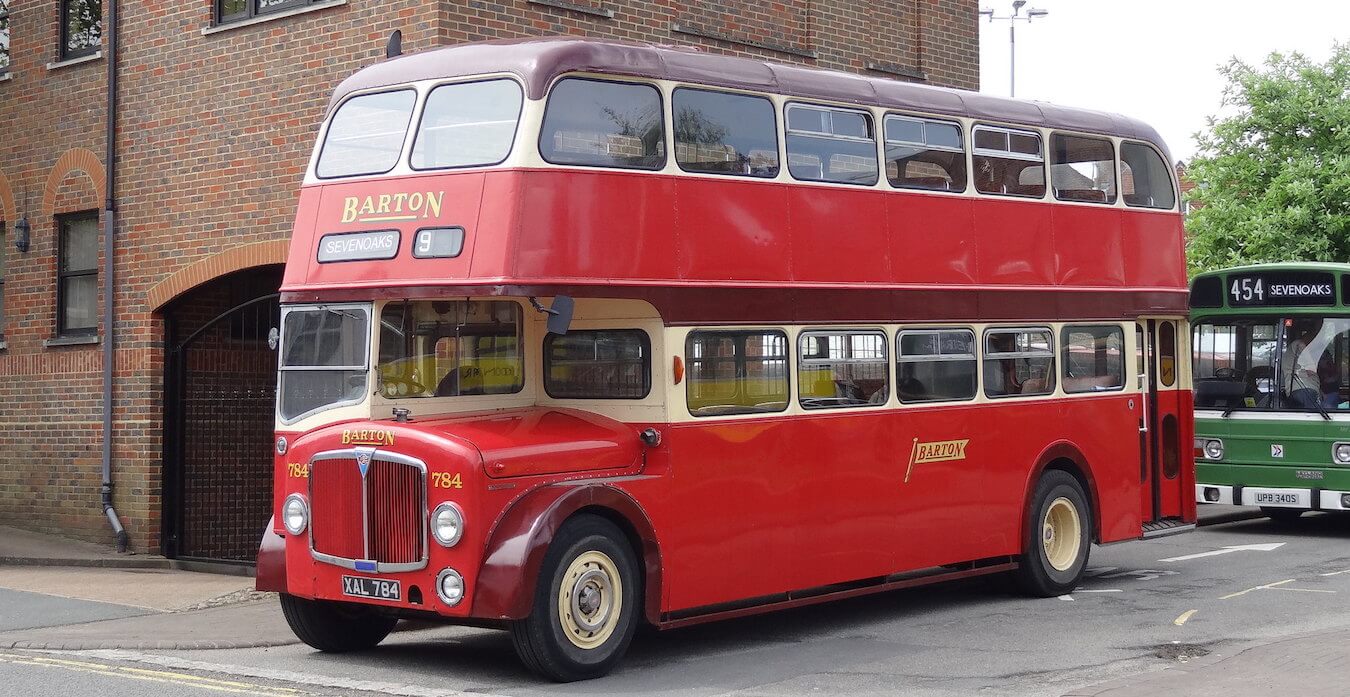Classic vehicles and MOT; the complete guide
The UK government changed the law regarding MOTs on the 20th May 2018. As a result, certain vehicles became exempt from mandatory MOT testing whilst other vehicles that were exempt now require an MOT. There are also a heap of exceptions to consider.
The law can be confusing, that’s why we’ve put together a guide that explains what is exempt from MOTs, how to apply for MOT exemption, and what the exceptions are. Let’s jump straight in.
What vehicles are exempt from MOT testing?
Most vehicles that were manufactured or first registered more than 40 years ago are exempt from mandatory MOT testing providing they do not classify as an exception (we go into more details about this below).
This includes classic cars, motorcycles and vans or other light passenger vehicles providing they do not qualify as a large goods vehicle, bus or public service vehicle (detailed below).
What’s great about this exemption is the date range rolls, so a vehicle that was registered on 1st May 1980 qualifies for MOT exemption on 1st May 2020 and so on.

What are the exceptions for MOT exemption?
Vehicles over 40 years old that have undergone substantial changes in the last 30 years are still required to take an MOT. Examples of changes include alteration of the type and or method of suspension or steering.
Some changes are acceptable, for example, a vehicle that is more than 40 years old but underwent substantial changes for preservation purposes because the original parts are no longer available. We recommend you read the government’s guide on substantial changes.
If you cannot determine whether your vehicle has been substantially changed, consult your local enthusiast or owners club, or you may wish to contact a historic vehicle expert.
Do classic goods vehicles and buses qualify for MOT exemption?
This depends on the vehicle’s type and age. It’s important to understand the government definitions first.
- Large goods vehicle - weighs more than 3.5 tonnes
- Bus and public service vehicle - has 8 or more passenger seats
All vehicles that were manufactured or first registered:
- Before 1st January 1960 are exempt from an MOT if they have not been substantially changed.
- From 1st January 1960 onwards are exempt from an MOT if they are more than 40 years old and have not been substantially changed in the last 30 years. Large goods vehicles cannot be used when laden or towing a laden trailer.
The rules apply regardless of private or commercial usage.
It’s worth noting buses that are not public service vehicles over 40 years old are exempt if they meet the definition of a Vehicle of Historic Interest. There are additional exceptions for large goods vehicles before 1960 that have not been tested, it’s best to consult the government guidelines.

Are kit cars, reconstructed vehicles and Q plates exempt?
If a vehicle is more than 40 years old, meets one or more of the following criteria, is taxed as a historic vehicle, and it has not been modified during the previous 30 years, it is exempt from needing an MOT:
- has a ‘Q’ registration plate;
- is a kit car assembled from components from different makes and model of vehicle;
- is a reconstructed classic vehicle as defined by the DVLA; or
- is a kit conversion, which changes the general appearance of the vehicle.
How do I apply for MOT exemption?
If your qualifying vehicle was manufactured before 1st January 1980, you will be required to send a completed V112 form that declares exemption from MOT if you are applying for vehicle tax exemption.
If your vehicle was manufactured from 1st January 1980 onwards and qualifies for MOT exemption, you do not have to apply for MOT exemption.
If your vehicle was manufactured from 1st January 1980 onwards and qualifies for MOT exemption, you do not have to apply for MOT exemption.
Yes, you can if you wish. If you don’t get an optional MOT, the government still expects you to keep your vehicle in a roadworthy condition and recommends regular checks such as:
- engine oil;
- brake fluid;
- battery;
- lights and bulbs;
- water levels in the radiator or expansion tank;
- washer bottles; and
- tyres.
How does this affect my insurance policy?
Our classic car insurance and classic motorcycle insurance policyholders are still required to keep their vehicles in a roadworthy condition without defects. Terms may differ if you are insured with another provider so contact them for further details.